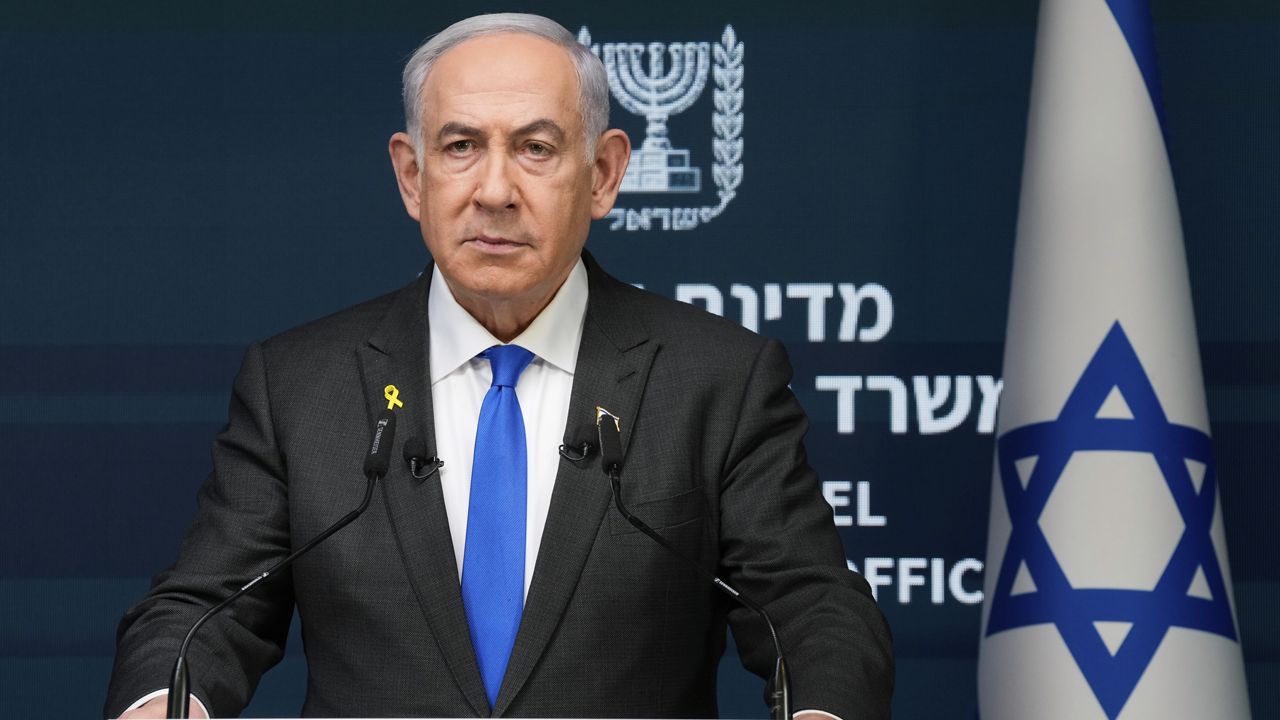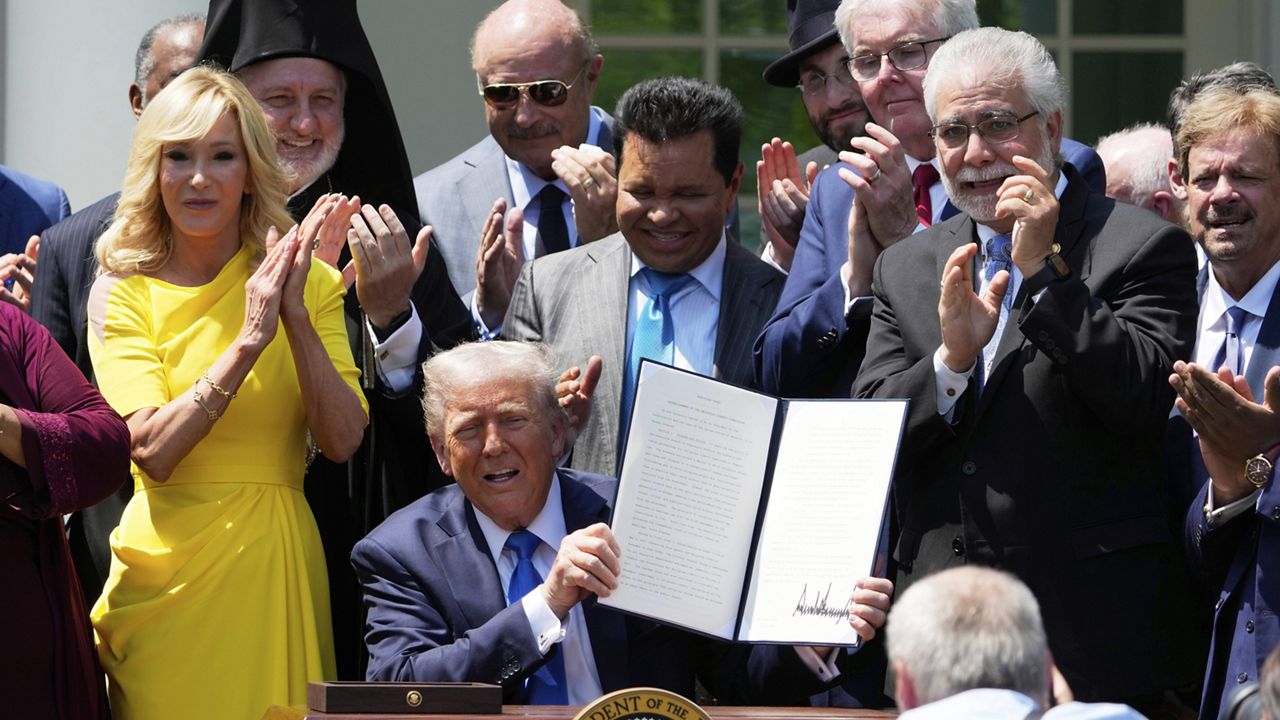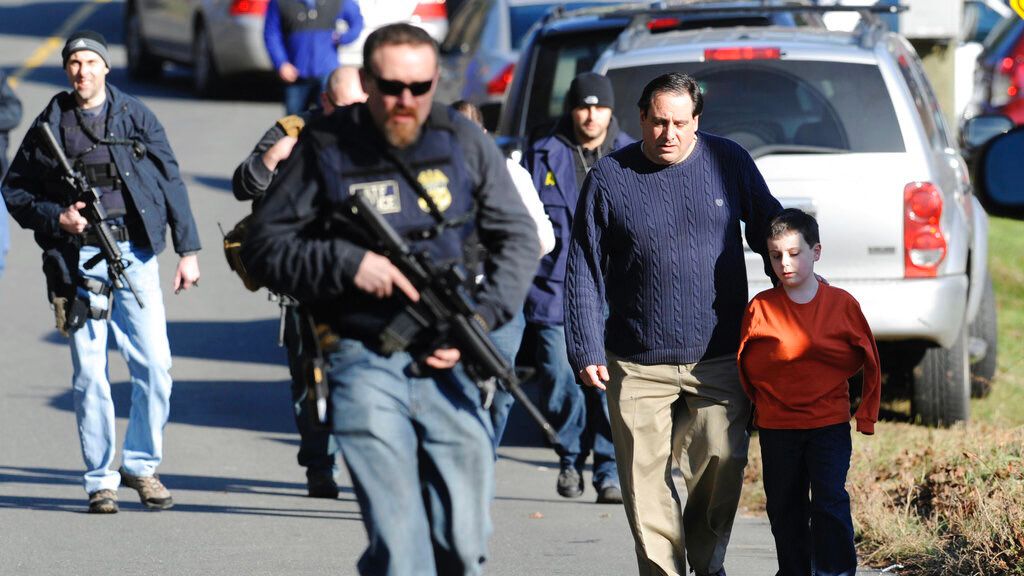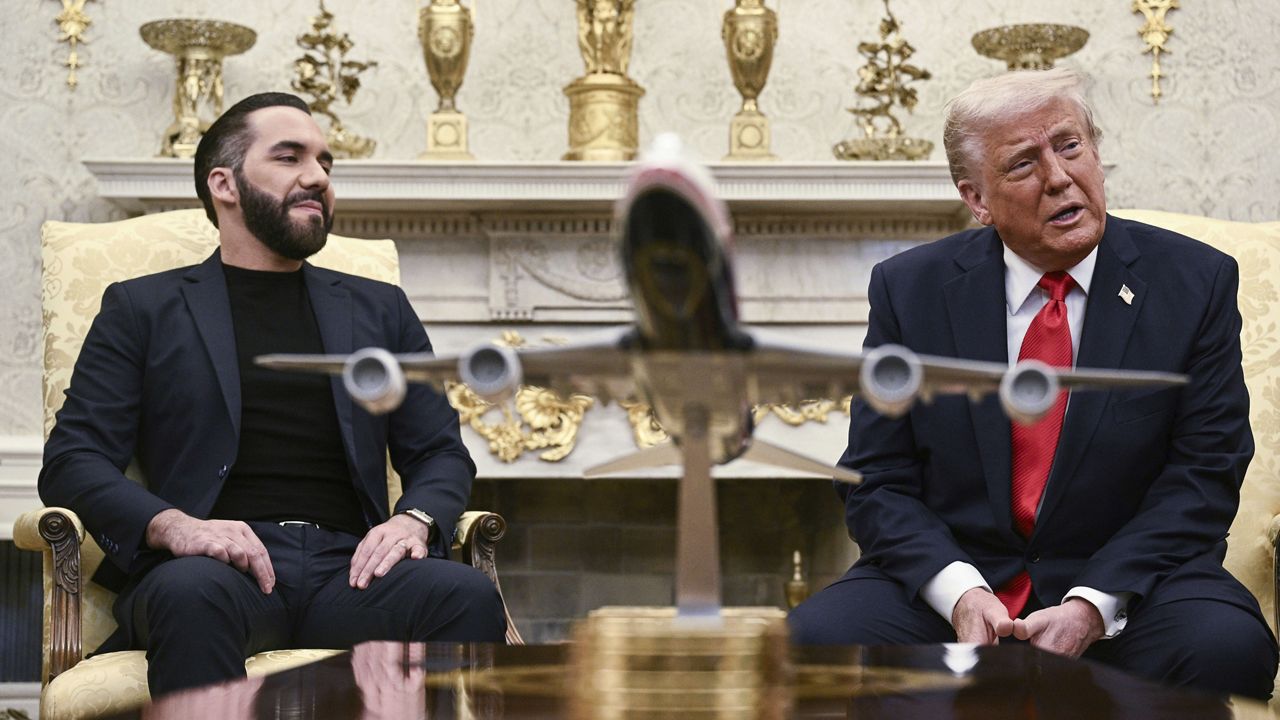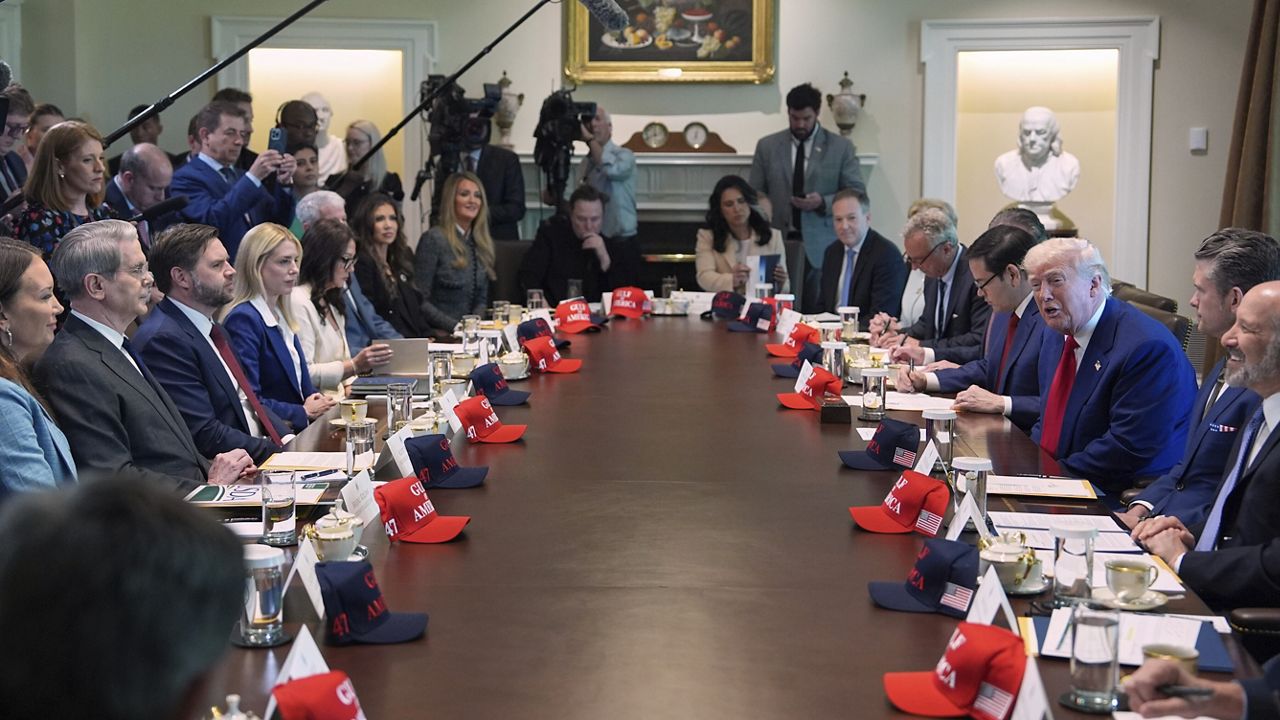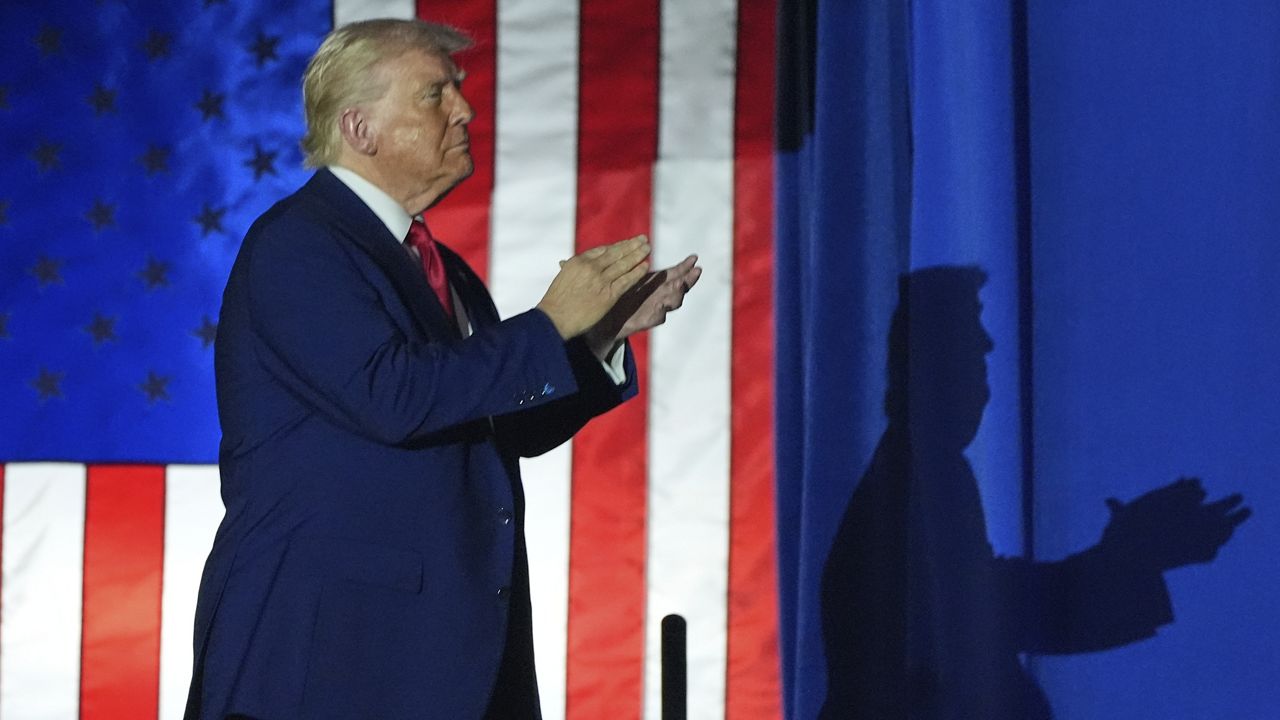Israeli Prime Minister Benjamin Netanyahu forcefully pushed back on the Biden administration’s characterization of where a potential cease-fire and hostage release deal in the Gaza Strip stands, saying there is “not a deal in the making” just hours after a U.S. official said it was 90% completed.
“So Hamas is not there with a deal. There’s not a deal in the making, unfortunately,” Netanyahu said in an interview with Fox News on Thursday morning.
Asked specifically about the administration’s 90% figure, the Israeli leader called it “exactly inaccurate.”
“There’s a story, a narrative out there that there’s a deal out there,” Netanyahu continued, going on to refer to it as a “false narrative.”
He rebuffed that idea that the Philadelphi Corridor, a strip of land along the Egypt-Gaza border that Netanyahu has insisted Israel must keep control of for its security, is the holdup to getting a cease-fire and hostage release plan across the finish line. The Israeli leader instead asserted Hamas “consistently refuses” to make a deal.”
White House National Security Communications Advisor John Kirby on Thursday said he “takes issue” with the characterization that the U.S. is being too optimistic or painting a rosy view of where things stand, insisting they are being “pragmatic.”
But Kirby did similarly portray the Philadelphi Corridor as not being the main issue with reaching a final deal, instead pointing to the prisoner exchange part of the deal, in which hostages taken by Hamas would be swapped for Palestinians prisoners in Israel.
He added that the discovery of the killing of six hostages, including one American-Israeli, by Hamas in Gaza over the weekend “underscores how difficult it is” to negotiate with someone such as Hamas leader Yahya Sinwar.
On a call with reporters Wednesday, a senior administration official said 14 of the 18 total paragraphs that make up the text of the potential deal are finished, with the remaining paragraphs having to do with the exchange of prisoners for hostages. The Philadelphi Corridor is not named in the text, the official added.
In the last couple of weeks, according to the official, Israel has agreed to “significantly reduce” their presence on the corridor as part of a potential deal, which would be in line with the agreement’s terms of Israel withdrawing from "densely populated areas" of Gaza during a temporary cease-fire.
Netanyahu on Thursday was also asked about President Joe Biden saying Monday that the Israeli leader was not doing enough to secure a deal.
“I don’t know what the president meant by that. You have to ask him,” Netanyahu said.
The U.S., along with Egypt and Qatar, have been working for months to get an agreement between Israel and Hamas in place. In May, Biden told reporters that both sides had agreed to the general framework of a plan that the U.S. president laid out in a speech in May that ultimately seeks to bring an end to the fighting. But in the weeks since, White House officials have said the U.S., Qatar and Egypt were working on the final details of implementing the first phase of the plan which would last 42 days.
Biden, who has had a rocky relationship with his Israeli counterpart throughout the war, told reporters Monday he will “eventually” speak to Netanyahu.




